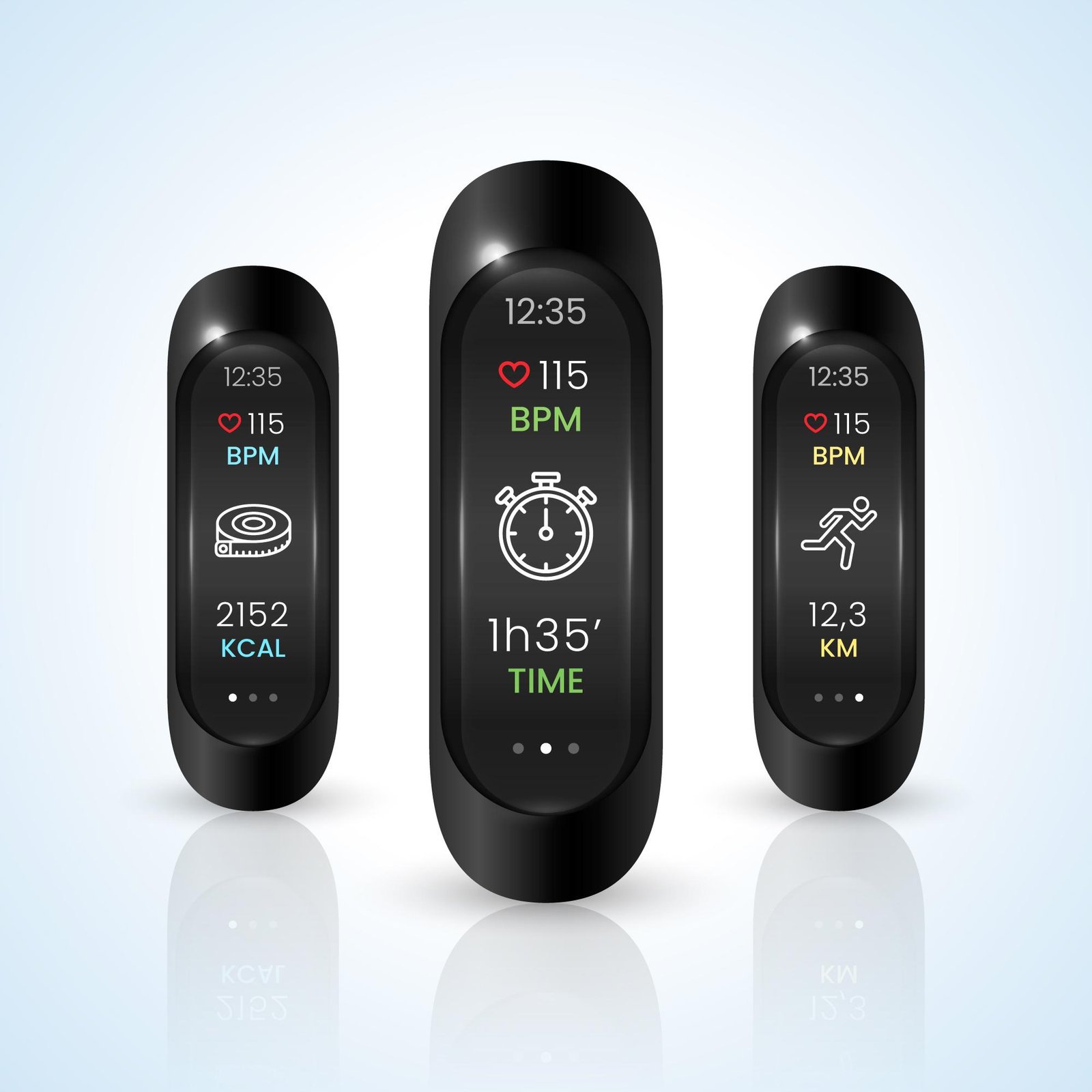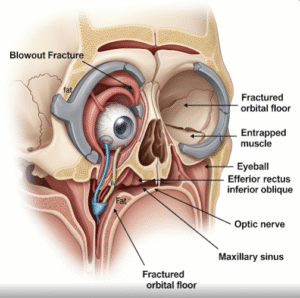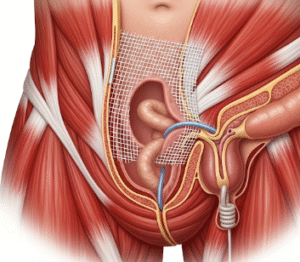Korea has long been a leader in consumer electronics, and now it’s transforming that strength into health technology innovation. In 2026, Korean wearable health tech is entering a new era — where smartwatches are no longer just fitness trackers but powerful tools for medical monitoring, AI-driven insights, and real-time health care.
This revolution is reshaping how people manage chronic illness, track fitness, and approach preventive medicine. Korean startups and tech giants alike are developing smartwatches that go far beyond counting steps — they can detect irregular heartbeats, analyze sleep, measure blood pressure, and even predict potential health risks before they appear.
Why Korea Leads the Smartwatch Health Revolution
South Korea is uniquely positioned to lead the wearable health movement for several reasons:
- ❂ A highly connected society: With near-universal smartphone use and one of the fastest internet infrastructures in the world, wearable adoption is seamless.
- ❂ Advanced tech ecosystem: Global companies like Samsung and LG are headquartered in Korea, fostering innovation in sensors, microchips, and AI.
- ❂ Government support for digital health: Policies now encourage digital therapeutics, telehealth, and smart medical devices.
- ❂ Aging population: With rising life expectancy and chronic illnesses, wearables help monitor health proactively.
- ❂ Strong startup culture: New Korean companies are combining hardware engineering with AI and medical science to create personalized health tech solutions.
1. AI and Real-Time Health Tracking
Korean startups are using artificial intelligence to transform wearables into mini health consultants. Modern smartwatches can analyze sleep patterns, heart rate variability, and stress levels to provide tailored recommendations.
For instance, a new generation of smartwatches known as “Doctor on Wrist” uses AI to monitor your lifestyle data and deliver personalized alerts when health metrics deviate from your norm. This approach helps users make better daily decisions and encourages early check-ups before symptoms become serious.
These AI-powered systems are changing health management from reactive to proactive and preventive, making wellness part of daily life rather than a hospital visit.
2. From Fitness to Clinical Use
The latest Korean wearables are blurring the line between consumer tech and medical-grade equipment. Hospitals in Seoul and Busan now use smartwatches and rings to monitor patients with heart conditions, sleep disorders, or hypertension.
Devices equipped with ECG sensors and blood pressure monitors are approved by Korea’s Ministry of Food and Drug Safety (MFDS) for use in clinical settings. Some hospitals integrate data from wearables directly into patient management systems, allowing doctors to monitor vital signs remotely.
- ⚪ Cardiac monitoring: Smartwatches can detect arrhythmia and send alerts directly to healthcare providers.
- ⚪ Blood pressure tracking: Continuous readings help manage hypertension safely at home.
- ⚪ Post-surgery recovery: Wearables allow patients to recover with remote oversight from doctors.
These features are revolutionizing how Koreans engage with their healthcare providers — reducing hospital visits while improving early detection and prevention.
3. New Sensors and Breakthrough Metrics
Smartwatches are evolving beyond basic tracking. Korean developers are focusing on innovative sensors that detect complex biological signals.
Modern models now feature:
- ❂ Sleep apnea detection using advanced motion and oxygen sensors.
- ❂ Blood oxygen (SpO₂) and ECG tracking for heart and lung health.
- ❂ Non-invasive glucose monitoring through optical sensors, a field growing rapidly in Korea’s tech labs.
- ❂ Body composition analysis that measures muscle, fat, and hydration.
These developments aim to make health data richer, more accurate, and available instantly on your wrist — empowering users to manage their own health with medical-grade precision.
4. Smartwatch Integration in Daily Wellness
Korean consumers have embraced smartwatches not just as gadgets but as lifestyle companions. Many use them to maintain healthy routines — tracking water intake, reminding them to stretch, or managing stress with guided breathing sessions.
For professionals in high-stress environments, features like heart rate variability analysis and mindfulness reminders are helping prevent burnout.
- ⚪ Morning check-ins: Some apps analyze sleep quality and recommend personalized wake-up routines.
- ⚪ Activity coaching: AI-driven guidance motivates users to move throughout the day.
- ⚪ Evening recovery: Smartwatches track rest and recovery metrics, helping balance work-life rhythms.
Korea’s culture of self-improvement aligns perfectly with wearable health tech, making these devices part of everyday wellness habits.
5. Wearables in the Korean Startup Ecosystem
Startups in Korea are driving innovation faster than ever. Companies like HUINNO, Sky Labs, and InHandPlus are developing advanced wearables that rival international competitors.
- HUINNO focuses on cardiac monitoring through smart patches and watch integration for chronic heart disease.
- Sky Labs created a ring-shaped device that tracks blood pressure continuously — offering comfort and accuracy.
- InHandPlus developed an AI-powered smartwatch that acts as a “digital doctor,” combining diagnostics, reminders, and medical data storage.
Meanwhile, Samsung Electronics continues to push boundaries with its Galaxy Watch series — now capable of measuring electrocardiogram signals, detecting potential heart failure risks, and integrating with hospital systems.
6. Challenges to Overcome
Despite the impressive progress, several challenges remain:
- ❂ Regulatory hurdles: Clinical-grade wearables must undergo strict approval processes to ensure safety and accuracy.
- ❂ Data security: Protecting sensitive health data is a top priority as devices become more connected.
- ❂ User engagement: Many people stop using wearables after a few months. Companies are exploring gamification and habit formation to maintain engagement.
- ❂ Integration with healthcare systems: Seamless syncing between devices, clinics, and insurance providers is still developing.
These challenges highlight the importance of innovation not just in hardware but in usability, trust, and accessibility.
7. Opportunities for Health Professionals and Consumers
For healthcare providers and wellness brands, the smartwatch revolution opens exciting new possibilities:
- ⚪ Remote patient monitoring: Doctors can observe real-time metrics and adjust treatments faster.
- ⚪ Preventive health programs: Clinics can design wellness plans using wearable data to motivate patients.
- ⚪ Educational content: Health websites can teach users how to interpret smartwatch data correctly.
- ⚪ Corporate wellness: Companies can use wearables to encourage employee fitness and stress management.
As these tools become more integrated into healthcare, they are bridging the gap between technology and human connection — helping both doctors and patients stay informed and engaged.
8. The Future of Wearable Health in Korea
Looking ahead, wearable technology in Korea will evolve toward predictive healthcare — using continuous data and AI to detect illness before symptoms occur. Future devices will integrate biometric scanning, hormonal analysis, and mental health indicators for complete body insight.
Smartwatches may soon communicate directly with home medical devices, pharmacies, and even smart refrigerators that track dietary health. The ultimate vision is a connected wellness ecosystem where every device contributes to a healthier, more informed lifestyle.
Korea’s tech-forward environment, paired with its cultural focus on well-being, positions it to lead the world in wearable health technology.
Final Thoughts
The Korean smartwatch revolution is transforming healthcare from hospital-centered to wrist-centered. By merging innovation, AI, and wellness culture, Korea is redefining what it means to monitor and maintain health in the modern age.
For individuals, these wearables represent empowerment — a chance to take control of their own well-being with data and insight that once belonged only in hospitals.
For healthcare professionals, they represent a new way to connect with patients and deliver care that is more personalized, preventive, and precise.
As smartwatches evolve, one thing is clear: the future of health in Korea — and perhaps the world — is already ticking on our wrists.













